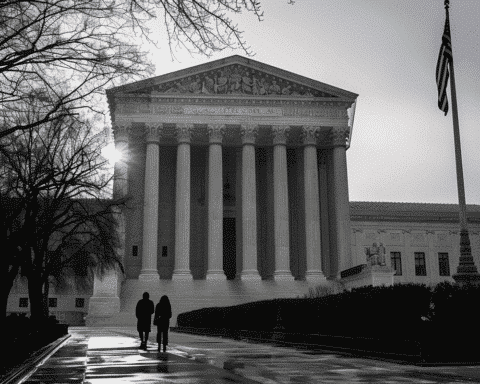In a turn of events that has reignited debate over one of golf’s most contentious rules, Jordan Spieth’s recent disqualification from The Genesis Invitational for signing an incorrect scorecard has left the sports world buzzing. Spieth, vying for his 14th PGA Tour title, found his tournament run cut short after a miscalculation on the par-three fourth hole at Riviera Country Club, which led to the submission of an inaccurate score. This incident has prompted a closer examination of the necessity and fairness of golf’s stringent scorecard regulations.
Despite accepting his disqualification gracefully, Spieth admitted to taking “full responsibility” for the oversight despite being his first in 263 PGA Tour starts. His lighthearted post on X, urging Hideki Matsuyama to “double check that scorecard,” showed a sportsman coming to terms with his mistake. However, not everyone shares Spieth’s acceptance of the rule. PGA Tour caddie Kip Henley and pro golfer Michael S. Kim are frustrated, labelling the rule as “stupid” and “the dumbest rule in all sports.”
Critics argue that the traditional method of manually recording scores seems outdated in an era where technology can track every shot and automated leaderboards provide real-time updates. Questions arise about the necessity of a rule that can lead to disqualification for what many see as a simple clerical error. Yet, defenders of the rule, like Dylan Wu, emphasize its role in maintaining the integrity of the sport, likening it to ensuring one’s name is on a test.
The debate extends beyond players and caddies to include commentators and analysts. Luke Kerr-Dineen from Golf Digest criticizes the rule as “a ridiculous outdated relic,” suggesting that modern technology should allow for score corrections without the harsh consequence of disqualification. Conversely, Joel Beall, also from Golf Digest, defends the rule’s importance in upholding golf’s ethos of honour, highlighting the game’s reliance on self-reporting and the historical context that necessitates such a rule.
As the golf community grapples with this issue, the incident with Spieth serves as a reminder of the sport’s balancing act between tradition and modernity. While some call for a reevaluation of the rules to reflect the technological advancements in the game, others caution against undermining the foundational principles that golf is built upon. The question remains: Will the outcry following Spieth’s disqualification lead to a rule change, or will tradition hold firm?
In the end, Jordan Spieth’s disqualification at The Genesis Invitational has impacted the tournament’s outcome and sparked a broader conversation about the rules governing the golf game. As the sport evolves, finding the right balance between maintaining tradition and embracing innovation will be crucial in shaping its future.




